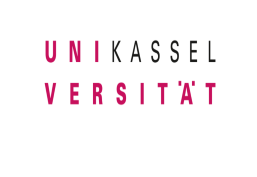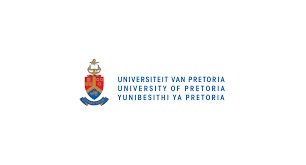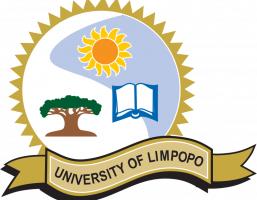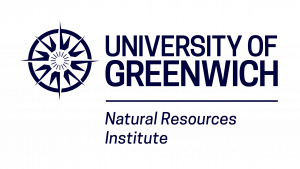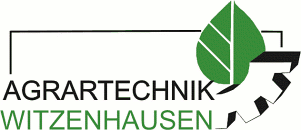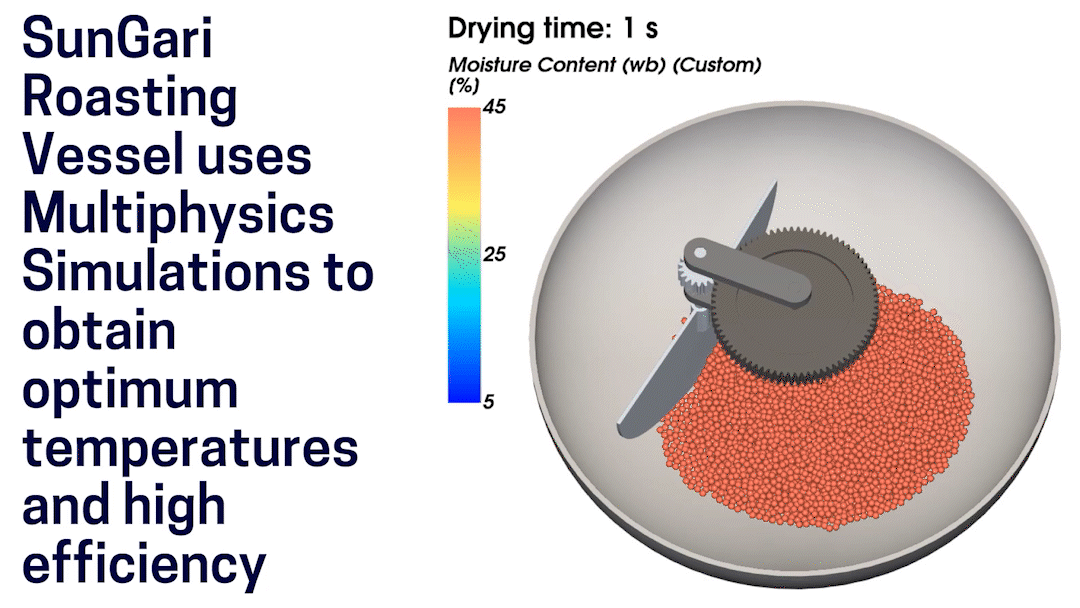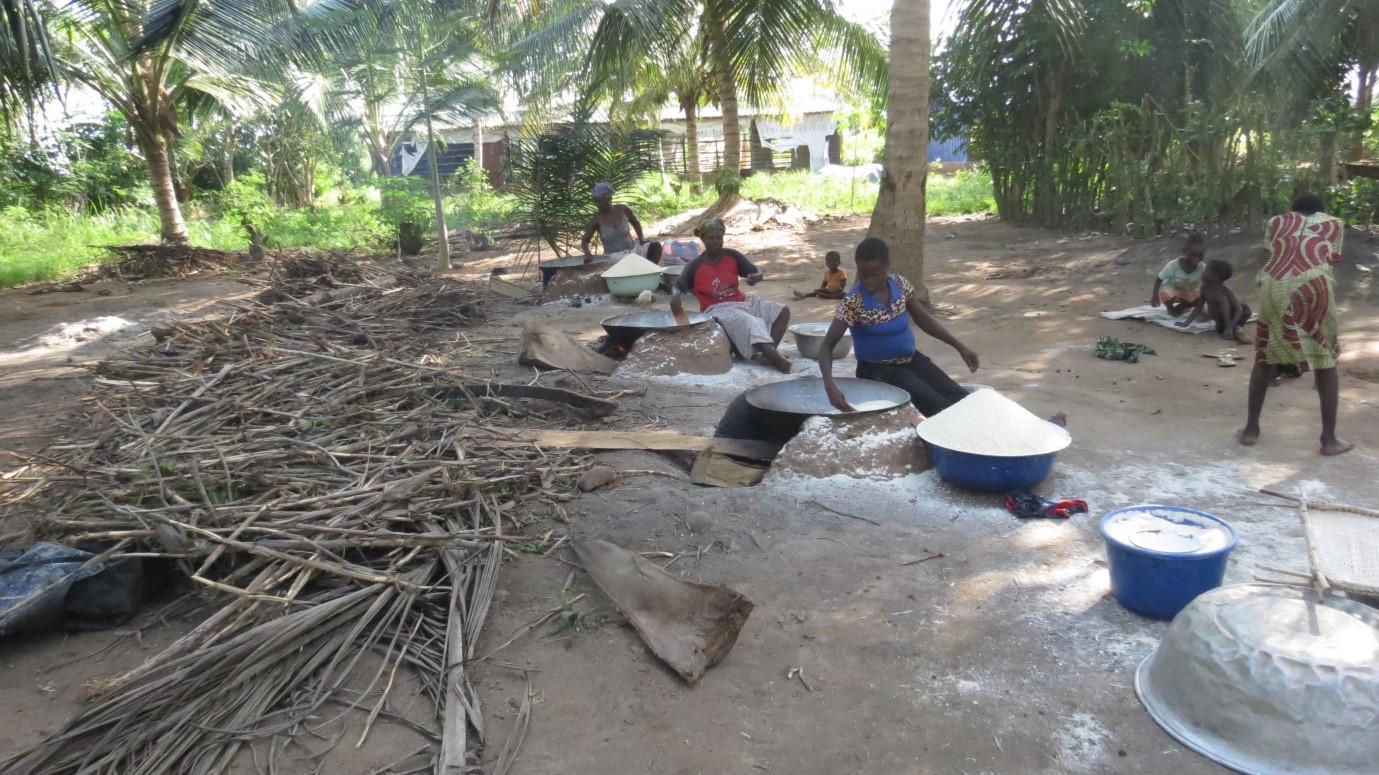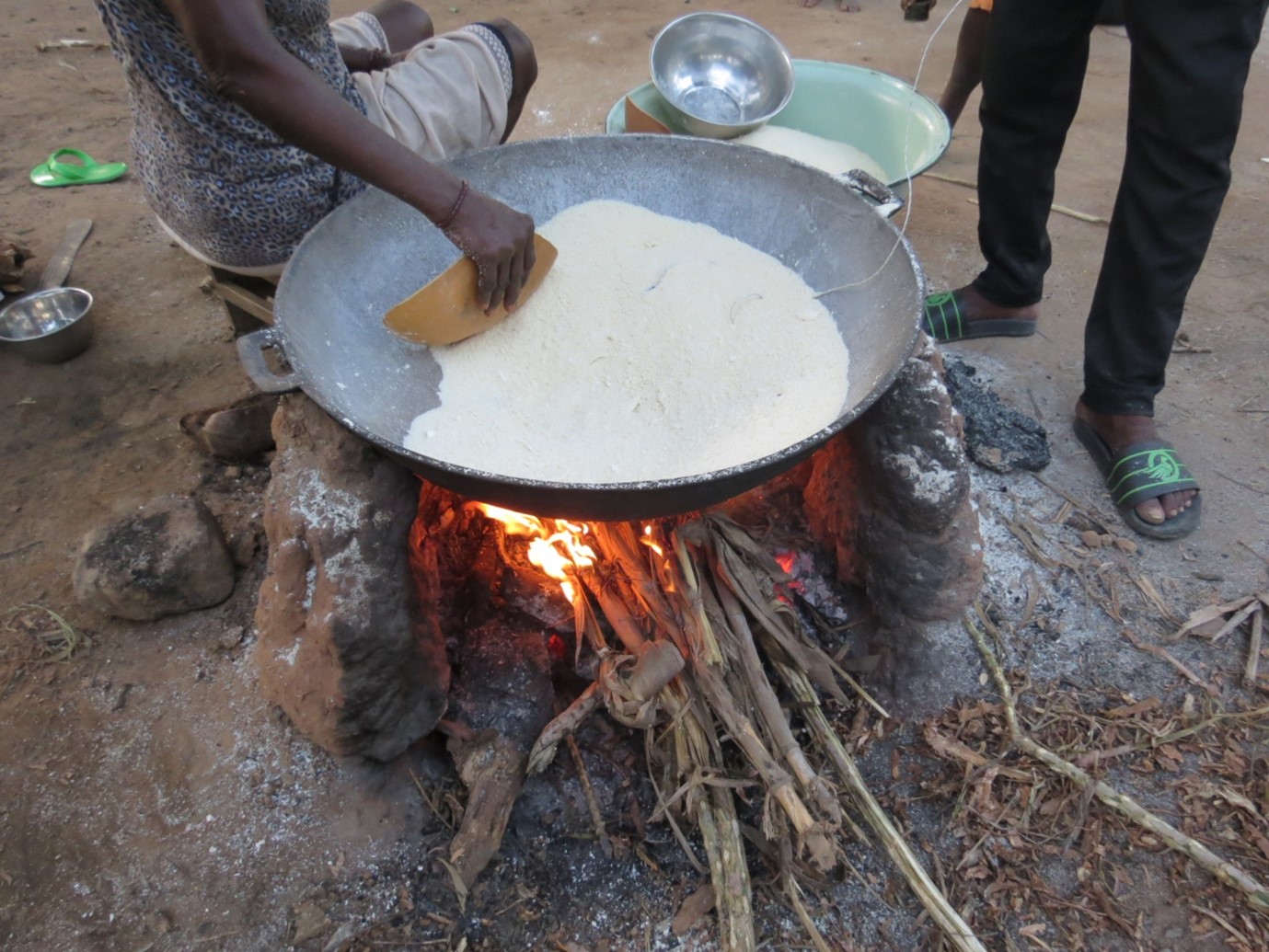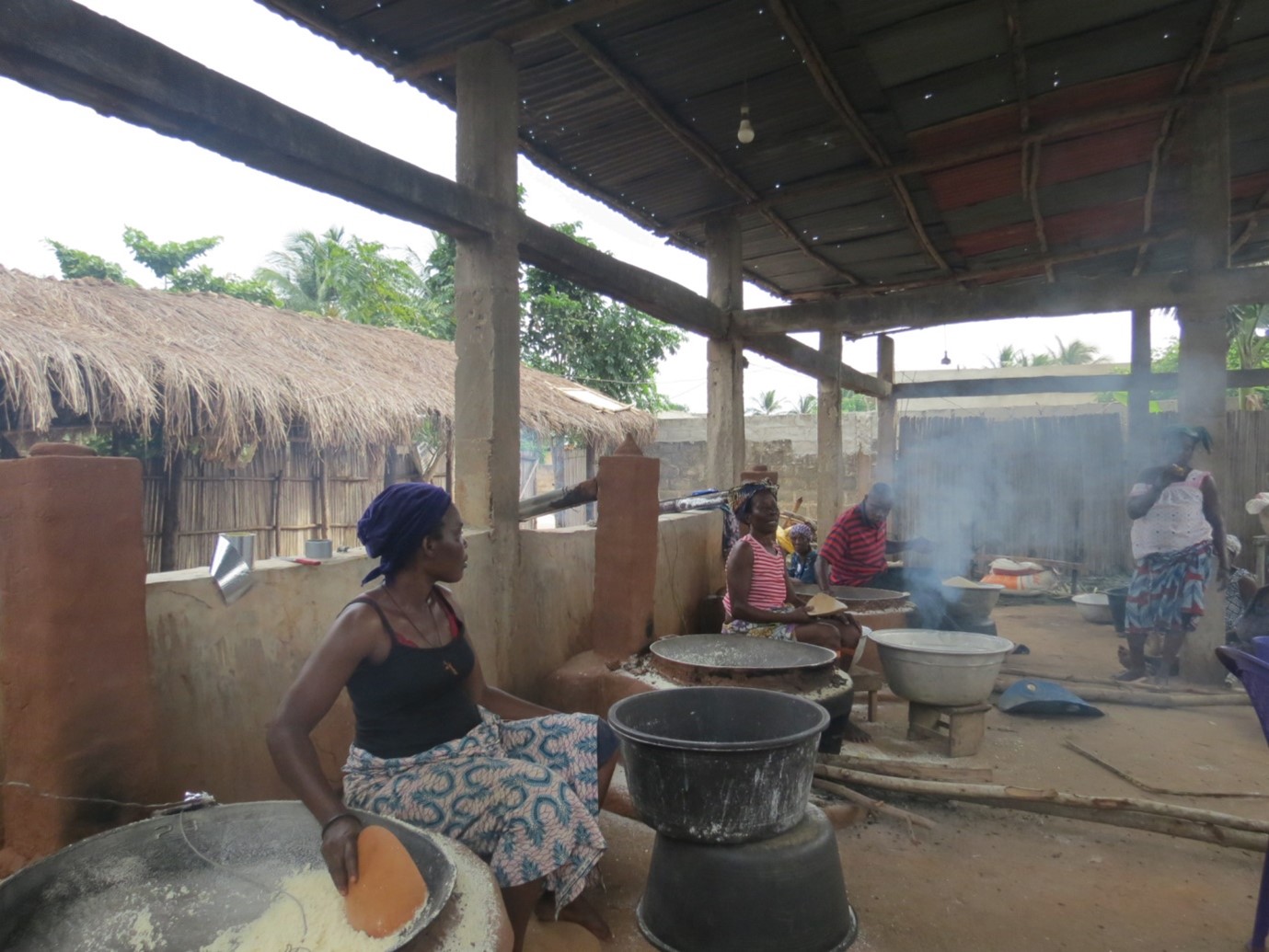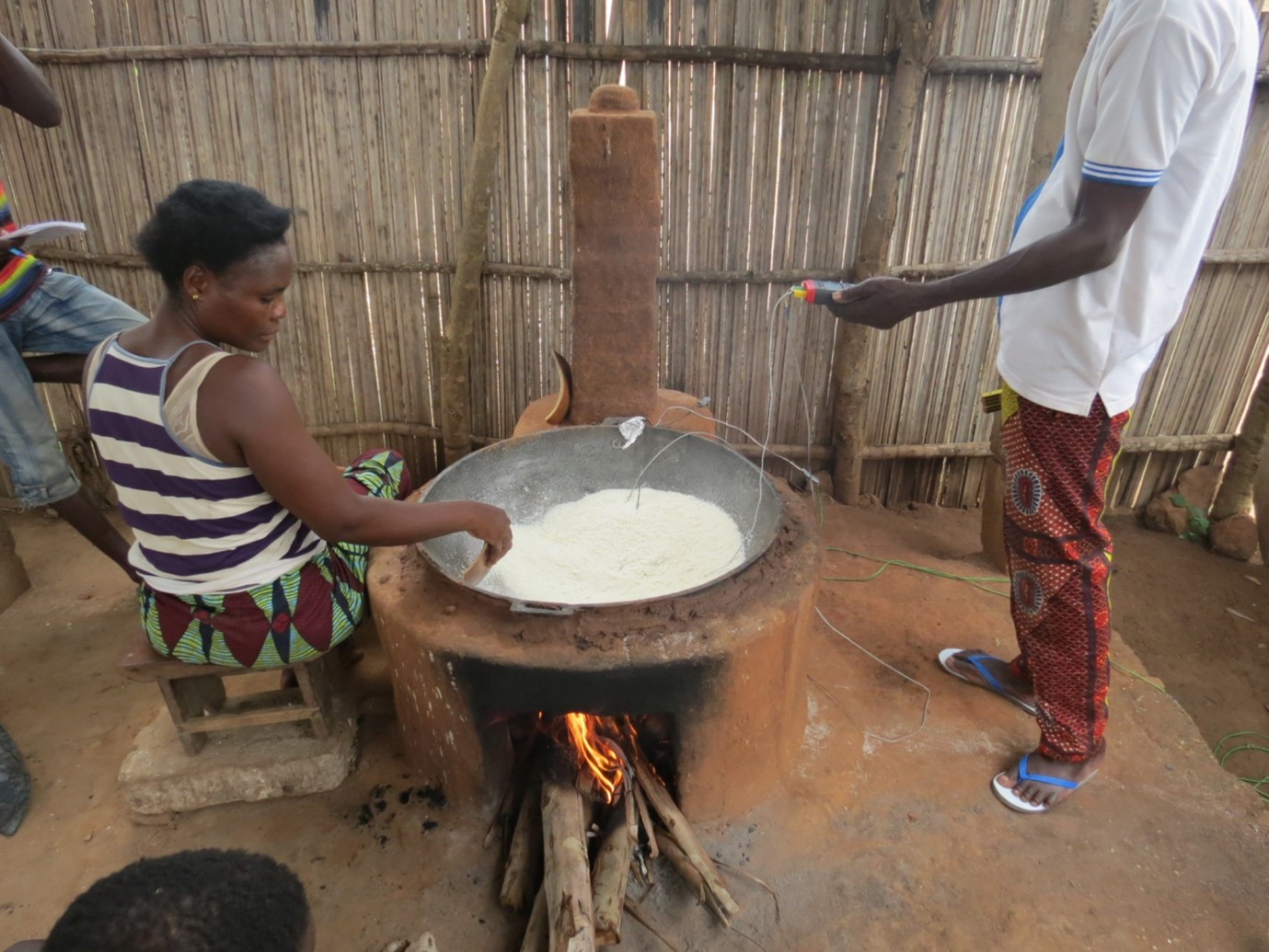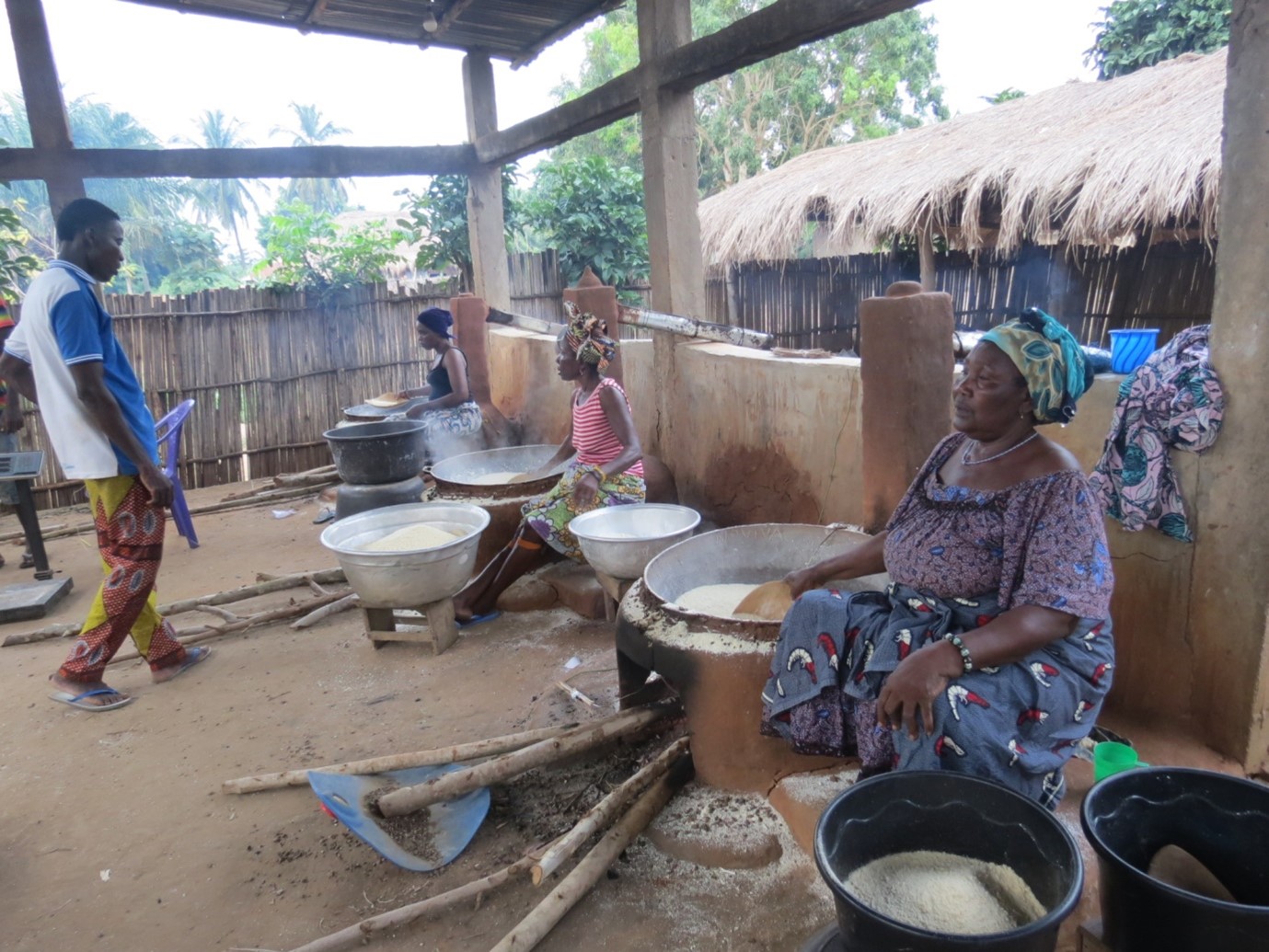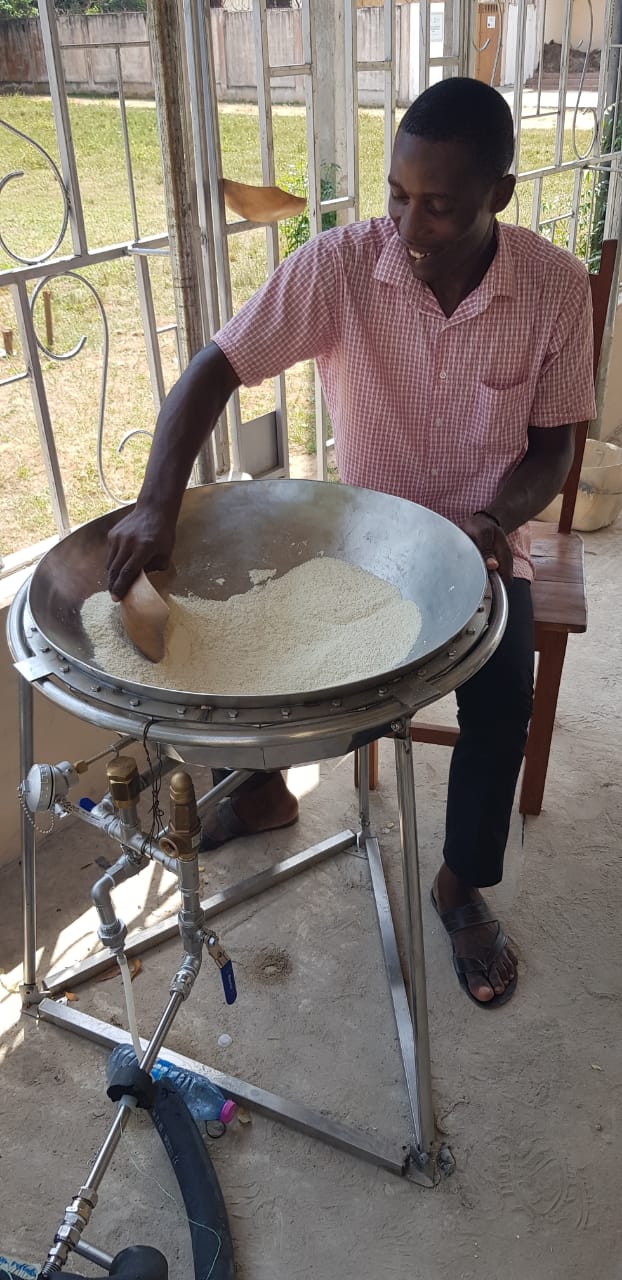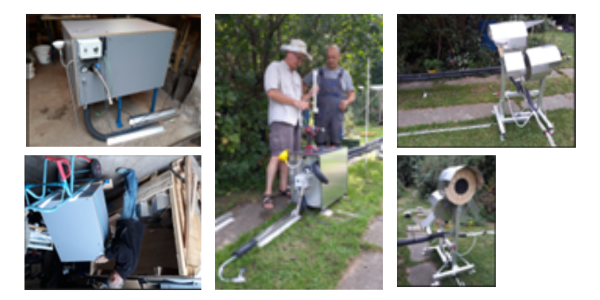SunGari devices were successfully instal...
Continue →Students in SUNGARI project contributing to the physicochemical and microbiological perspective of gari, learning more about cassava
News SUNGARI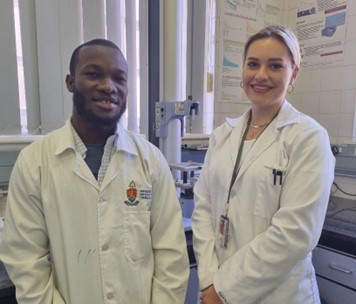
Students Afees Oduola and Nitzia Homann ...
Continue →A group of 22 African engineers on a pos...
Continue →SUNGARI: German Master Students Visit SimplySolar to Explore SunGari Project in Germany
News SUNGARI
A delegation of master students from Hoc...
Continue →SUNGARI : Evaluation of Temperature and Energy Requirements for Gari Processing at standard quality parameters in Togo
News SUNGARI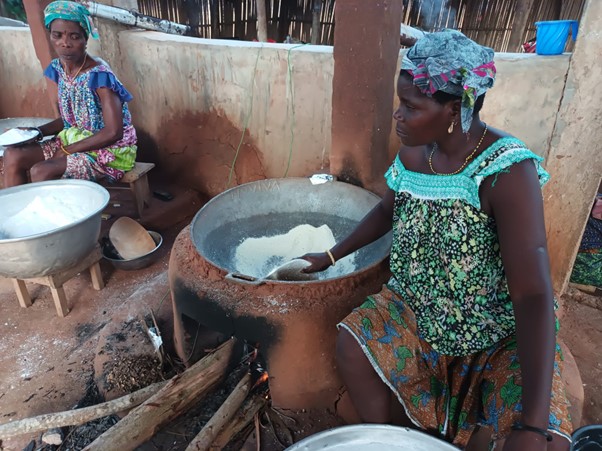
The SunGari project is making progress t...
Continue →
